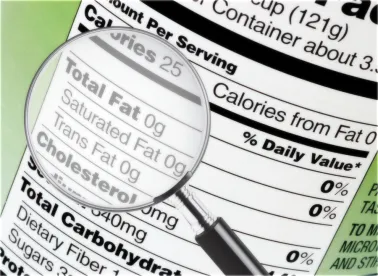On July 16, the Japanese Consumer Affairs Agency (CAA) announced a revision to the Food Labeling Standards (“Standards”) of Japan under which sweeteners, colors and preservatives are no longer allowed to be supplemented with words such as “artificial” and “synthetic” when they are declared by their function names with substance name on the food label. In the meantime, food flavorings can only be collectively declared as “flavors” without further specification as to whether or not they are “artificial” (a table comparing the new rule and the existing rule is available here).
According to CAA’s Report on the Review Meeting of Food Additive Display Mechanism (“Report”) which was held on March 31, 2020, the above revision is based on a consumer survey result that shows consumers are more likely to avoid a food product when its label suggests use of artificial food additives, even though use of all food additives declared thereon have been evaluated and cleared by the Japanese food authority. Accordingly, CAA proposed not to distinguish the abovementioned types of artificial food additives from natural food additives in food labeling. It is worth noting that, under the current Standards, “natural” and similar words cannot be used in the labeling of food additives.
The industry has until March 31, 2022 to adapt to this policy change.
Per the Report, CAA is also considering updating its guideline on the claims of “no additive” and “not used” under the Standards and relevant fair competition rules. The current Standards do not specifically regulate “additive free” type of claims, and thus, cause confusion among consumers when those claims are made on a voluntary basis by food business operators.



 />i
/>i

